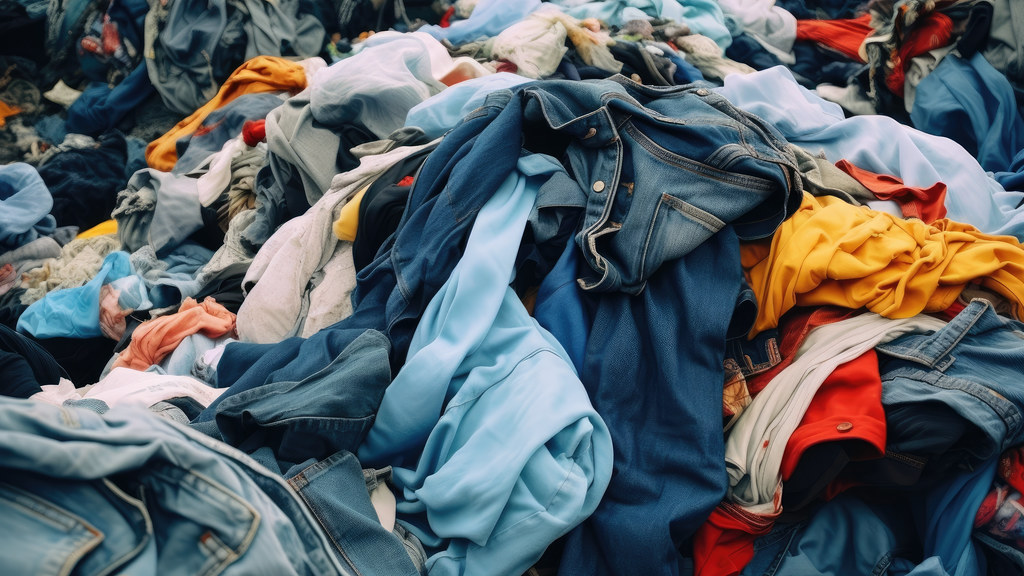The report has revealed the human consequences of pursuing modern slavery allegations, over supply chain failings, in Leicester’s ‘Boohoo Scandal’ in 2020.
It draws on interviews with workers, manufacturers, and civil society representatives (including community organisations, unions and auditors), to hear their experiences of the closure of hundreds of factories when Boohoo moved its manufacturing out of the city.
Thousands of people, often vulnerable South Asian migrants, have been left without work, with the cost-of-living crisis meaning many are reliant on food banks.
The government initiated Operation Tacit probed modern slavery allegations, concluding that while there were issues related to low pay and health and safety, there were no signs of modern slavery.
The University of Bath researchers say Boohoo made ‘face-saving’ changes to move most of its operations overseas, and pledged changes to business practices, shown by BBC Panorama investigations to be surface deep.
Professor Vivek Soundararajan, report author and researcher at the University of Bath’s School of Management, said: “Allegations of modern slavery, which were unfounded, obscured the root causes of worker exploitation, including manipulative procurement by fast fashion brands and lack of labour law regulation.”
Co-author Dr Pankhuri Agarwal, who conducted the research in Leicester said: “Framing it as a crime control and prevention issue meant Boohoo was able to distance itself from allegations of modern slavery by pulling out of Leicester or making only superficial business changes.
“Meanwhile the workers and some manufacturers, who are meant to be the motivating force in modern slavery measures, lost their livelihoods and are left with even fewer choices than before.”
The researchers conducted interviews in the summer of 2023 with workers, suppliers and others involved with investigating working conditions within Leicester’s garment industry, to produce the report entitled What happened after the Boohoo Scandal? A Multi-Stakeholder Perspective of the Garment Industry in Leicester.
The report is available to read in Hindi, Gujarati and Punjabi.
A former supplier to the Boohoo brand in Leicester told researchers: “Companies like Boohoo can escape the consequences even after being exposed. They fail to pay a sustainable amount that will enable manufacturers to provide fair wages.
“Consequently, well-intentioned exposés, such as the Boohoo scandal, do not truly assign responsibility for those left behind, for those who bear the brunt of such industry-altering events. Brands merely shift their production to locations where cheap labour is readily available.”
Funded by UKRI, the report is part of a four-year research project to explore dignity in the workplace in the UK and India’s garment and software development industries.
Report co-author Dr Nandita Dutta said: “There were profound consequences of pressing charges of modern slavery against garment manufacturers. Vulnerable workers lost their livelihoods while brands emerged unharmed and the government remains unchallenged in its role of rendering workers susceptible to exploitative labour practices.”
The report recommends a range of measures that brands should adopt, including collaborative production models with manufacturers and measures suited to monitoring working conditions in factories with the help of manufacturers and workers.
It recommends that government incentivise brands to locate production sites in the UK and penalise any brands and employers that apply exploitative business models.
The report also recommends a range of measures from government to protect migrant workers, including certification courses for machinists without formal training, free ESOL courses (English for speakers of other languages) in factories, and funding for community organisations.

